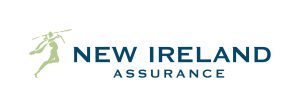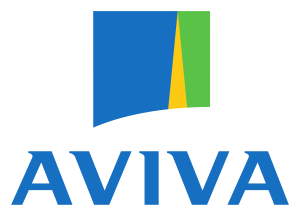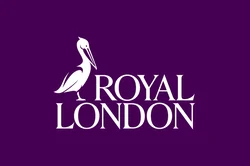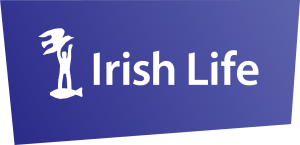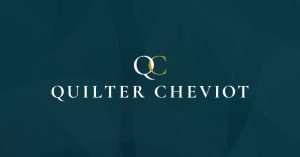Helping individuals pursue financial wellness is central to our beliefs in Wealth Alliance hence our tag line ‘Financial Freedom starts here’. Over the past few years, we’ve seen individuals shouldering more responsibility in an increasingly complex financial world and it is our view that education plays a vital role in helping consumers understand their relationship with money and promote good financial behaviours. The broad definition of financial wellness is the ability of an individual to manage their finances for short-term needs while saving for mid- and long-term goals. (ref Bank of America workplace insights)
According to the ‘financial capability and well-being in Ireland 2018’report written by the Competition and Consumer Protection Commission the majority of respondents (52%) performed well in terms of being able to meet current commitments, they performed less well in respect to their financial resilience to deal with unexpected events, future events and retirement. Much more often than ‘are we ok?’ we hear ‘will we be ok? The emphasis is on what is required for future events both planned and unforeseen. Lack of clarity in this regard is enough to give individuals many sleepless nights.
Circumstances that affect financial well-being include income, education and employment and the unforeseen expenditure shocks. We believe the relationship between education and financial wellness is positively correlated. According to the CCPC survey, individuals who discussed money with their parents as a child or who were taught about managing money in school or college, had greater confidence in their money management and financial decision making. Higher financial literacy leads to greater financial well-being.
We would love to see financial education as part of children’s school curriculum or at the very least taught in transition year. In the absence of education at a younger age, it is not surprising that individuals now look to their employers to understand financial planning so they can manage their financial lives. Without a doubt, a financial problem faced by an employee often becomes a financial problem for the employer. It is for that very reason progressive companies have started to recognise the potential upside to addressing the impact of their employee’s financial stress by offering financial wellness programs and benefits at the workplace. These organisations have discovered that they can build loyalty, increase productivity, and improve job satisfaction by providing programs that help achieve financial wellness. Many have discovered new and easy-to-implement options to help employees develop healthier relationships with money. These programs can deliver significant value for both businesses and their workers.
According to the PWC employee financial wellness 2015 survey the majority of each generation predicts that the next generation will be worse off financially. It remains to be seen what the negative impact will be on both employers and employees should future generations be unable to retire. It reported that cash flow and financial insecurity continues to drive financial concerns for employees with anxieties about insufficient emergency savings for unexpected expenses (54%), delayed retirement (37%), and not being able to meet monthly expenses (25% percent) among the top issues. Although employees have accepted that retirement is in their own hands, many don’t possess the knowledge or confidence to grasp control of their retirement and future finances. For instance, among the 53 percent of baby boomers planning to retire within the next five years, just half of them know how much income they will need in retirement.
When employers help workers with their financial wellness, it pays off. Employees experience better financial well-being and are less stressed. For employers, the results are productive, engaged and empowered employees contributing to an enhanced bottom line.
Financial literacy programmes do not need to be costly for the employer. The first step is to identify a financial planning firm to partner with, to create the most appropriate programme, delivered using a variety of channels, helping employees identify their personal budget and plan accordingly. The medium for delivery is important here – we have found individualised, face to face meetings often prove more effective than poorly attended seminars, for example. We have found that these programmes leave employees feeling much more financially secure with a clear understanding of the impact of their decisions and taking a more active role in managing their finances. By way of an example we work with a company whose employees went from making virtually no additional voluntary contributions to their pension scheme to almost 90% participation for scheme members. Predominately this is because the employees engage in the ongoing review process and understand in monetary terms the value of doing so rather than not.
Financial education should not just rest with schools, employers and financial planners though and we would love to see a government led national strategy to promote higher levels of financial literacy, it is in all our best interests.
WEALTH ALLIANCE LIMITED IS REGULATED BY THE CENTRAL BANK OF IRELAND C120055



